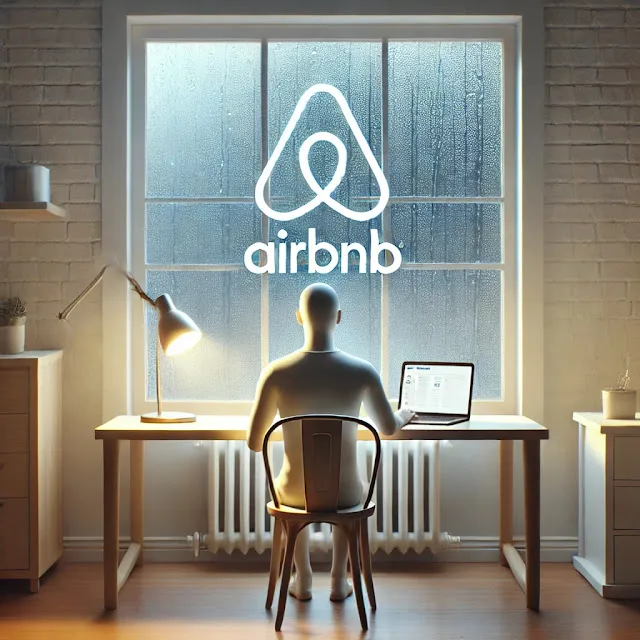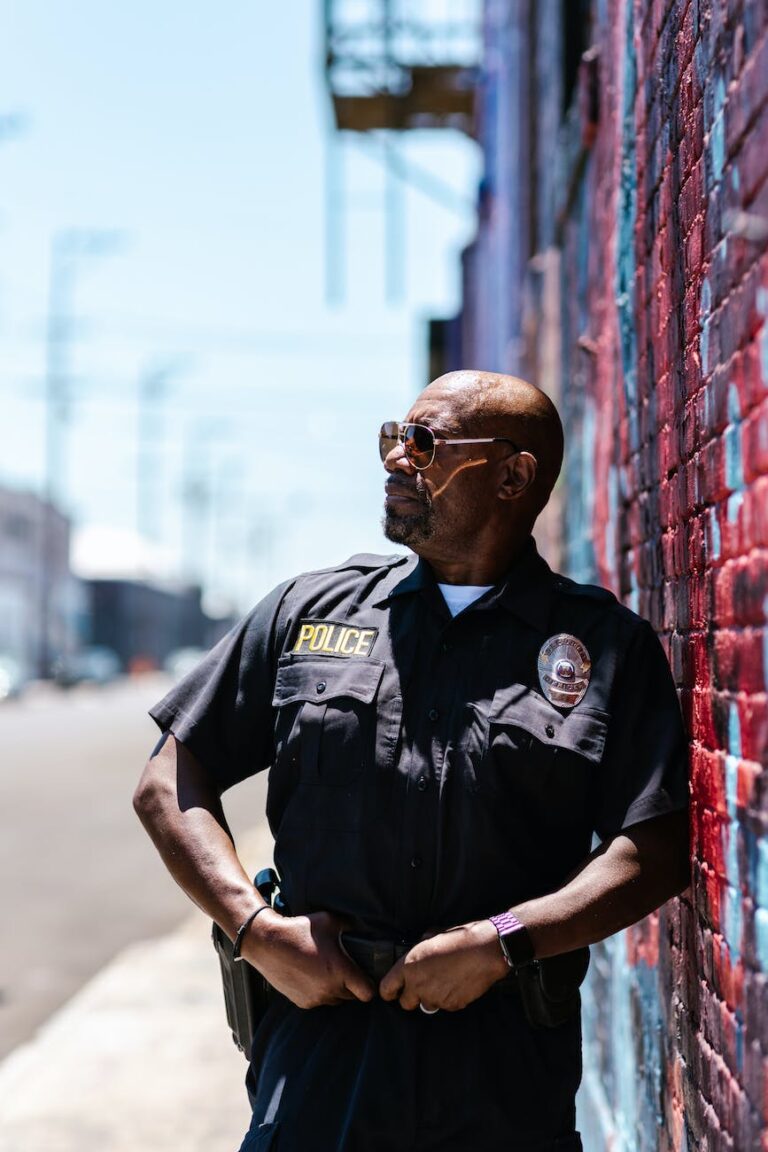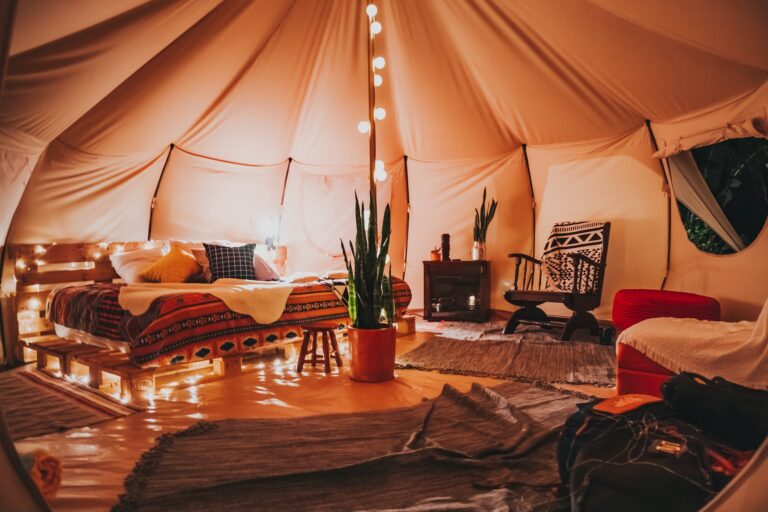How to Prepare Your Airbnb for Unexpected Natural Disasters
Natural disasters are unpredictable and can significantly impact your Airbnb hosting experience. Whether it’s hurricanes, wildfires, earthquakes, or floods, being prepared can safeguard your property, protect your guests, and build trust. This guide will help you create an Airbnb that’s resilient during emergencies while ensuring guest safety and satisfaction.
Why Disaster Preparedness Matters
Natural disasters can disrupt your hosting business, but preparation:
- Protects your guests and property.
- Reduces the risk of cancellations or negative reviews.
- Demonstrates responsibility, earning trust and repeat bookings.
1. Assess Risks for Your Area
Understanding the types of natural disasters common to your location is the first step.
Research Local Risks
- Is your area prone to hurricanes, earthquakes, or wildfires?
- What are the seasonal weather patterns?
Check local government websites or FEMA resources for guidance.
Evaluate Your Property
- Is your home located in a floodplain or wildfire zone?
- Are there structural vulnerabilities, like old roofs or unsecured foundations?
2. Create an Emergency Kit
A well-stocked emergency kit can be a lifesaver for guests during disasters.
What to Include
- Flashlights with extra batteries.
- Bottled water (at least one gallon per person per day).
- Non-perishable food items.
- First aid supplies.
- A whistle, gloves, and multi-tool.
Special Considerations
- Include supplies for pets and children if your listing caters to families.
- Add masks to protect against smoke or dust.
Pro Tip: Check out my Amazon Shopping List for Airbnb Hosts for pre-assembled emergency kits and other essentials.
3. Secure the Property
Mitigating damage to your property during a disaster is critical.
Structural Safety
- Reinforce windows with storm shutters or impact-resistant glass.
- Anchor heavy furniture to walls to prevent tipping during earthquakes.
- Clear gutters and downspouts to reduce flooding risks.
Outdoor Safety
- Remove dead trees or overhanging branches.
- Store outdoor furniture and equipment that could become projectiles during storms.
4. Create a Disaster Plan for Guests
Guests will feel reassured knowing you have a plan in place.
House Manual
- Include an emergency section in your guidebook with:
- Evacuation routes.
- Emergency contact numbers (local authorities, nearby shelters).
- Provide clear instructions for turning off utilities like gas and water.
Emergency Communication
- Set up automated messages to alert guests of impending weather.
- Share real-time updates via Airbnb’s messaging platform or a group text.
5. Offer Insurance Options
While Airbnb provides some host protection, consider additional insurance for natural disasters.
What to Look For
- Coverage for property damage specific to natural disasters in your area.
- Business interruption insurance to cover lost income during repairs.
6. Highlight Safety Features in Your Listing
Market your property as a safe haven during disasters.
What to Mention
- Emergency supplies available for guest use.
- Safe construction features, like storm shutters or reinforced walls.
- Proximity to emergency services or shelters.
Example Listing Text:
“Our home is equipped with hurricane shutters, a fully stocked emergency kit, and detailed evacuation plans to ensure your safety during your stay.”
7. Be Flexible with Cancellations
In the event of a natural disaster, guests may need to cancel or reschedule.
What to Do
- Communicate empathetically and offer refunds or flexible rebooking options.
- Work with Airbnb’s Extenuating Circumstances Policy to resolve cancellations.
8. Build Relationships with Local Services
Strong community ties can be invaluable during a crisis.
Who to Partner With
- Local emergency services for accurate updates.
- Neighbors who can assist in guest evacuations if you’re unavailable.
- Contractors who can quickly repair damages.
9. Practice Regular Maintenance
Routine upkeep reduces vulnerabilities to disasters.
What to Check
- Inspect the roof and foundation annually.
- Test smoke alarms, carbon monoxide detectors, and fire extinguishers regularly.
- Maintain HVAC systems to ensure air quality during events like wildfires.
Final Thoughts: Be a Proactive Host
Preparing your Airbnb for natural disasters is a proactive step that protects your business and ensures guest safety. By creating a disaster-ready space, you can minimize risks, maintain bookings, and earn the trust of your guests.
Ready to disaster-proof your Airbnb? Explore more hosting tips on Airbnb Expert Hosting Blog and check out our Amazon Shopping List for all your emergency preparedness needs.
Discover more from DG Speaks
Subscribe to get the latest posts sent to your email.







